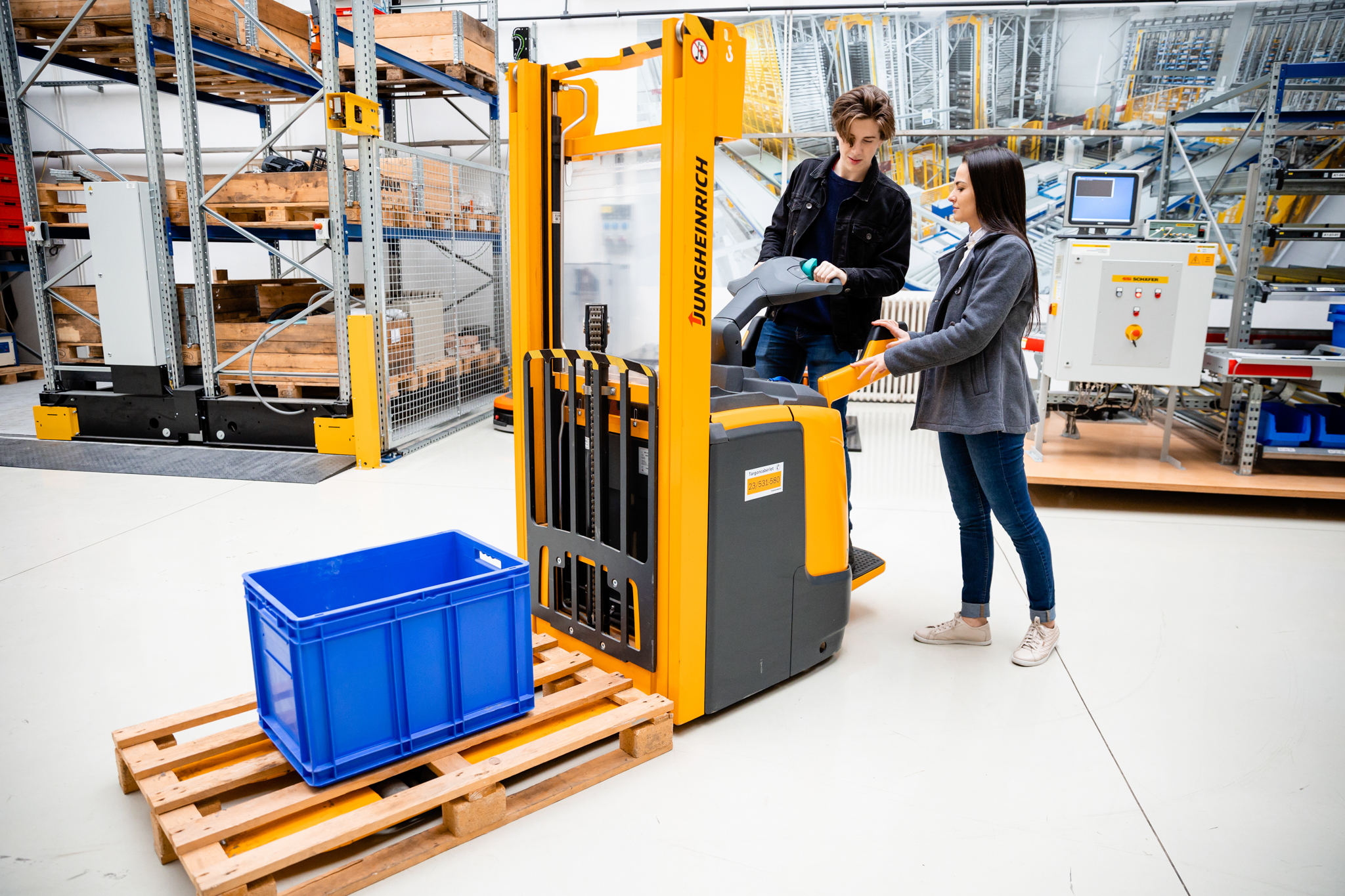Companies need logistics engineers with a complex vision. Go beyond system operations to shape and improve the increasingly complex logistics processes! If you are receptive to the technological and IT development of logistics, interested in future technologies, and in the design and construction problems of logistics systems, then you have come to the right place.
For our BSc programs general minimum requirements are an eligible highschool degree; document of English language proficiency and successful admission tests, while for our MSc programs an eligible BSc degree is needed. Detailed information on the general admission procedure (deadlines and requirements) can be found on our E-admission page.
You can study at BME with a scholarship or as a self-funded student, by paying tuition fees. Various scholarships help you cover tuition fees and your living expenses during your studies. Successful PhD students may receive additional support from research grants.
Logistics engineer students receive a balanced combination of courses in logistics engineering, mathematics, operations research, logistics informatics, computer and data science, value creating process design as well as logistics networks and supply chain management.
Mathematics, control theory, numerical optimization
Algorithm design
Lean management, logistitcs controlling, economics and human sciences, any course of the university
Extra and intra logistics network, information system, planning softwares, processes, simulation
Corporate logistics and operations planning
Demand planning and inventory management, control of transport logistics, production planning and scheduling
Freight forwarding management
Freight forwarding management, trade, financial, and accounting, marketing
Technical logistics
Automation of logistics systems, construction of logistics machinery, integrated material flow systems
Industrial practice
Master thesis
Companies in any market segment can use the Logistics Engineers' knowledge to develop processes and technologies related to these areas and to manage value-creating processes. Logistics engineers are able to take a complex approach to the development of logistics systems beyond operational tasks, to design technical-technological engineering, to design value-creating processes and to creatively solve strategic and operational problems in logistics systems. They are receptive to logistics innovations and able to shape the future of logistics systems and networks.
